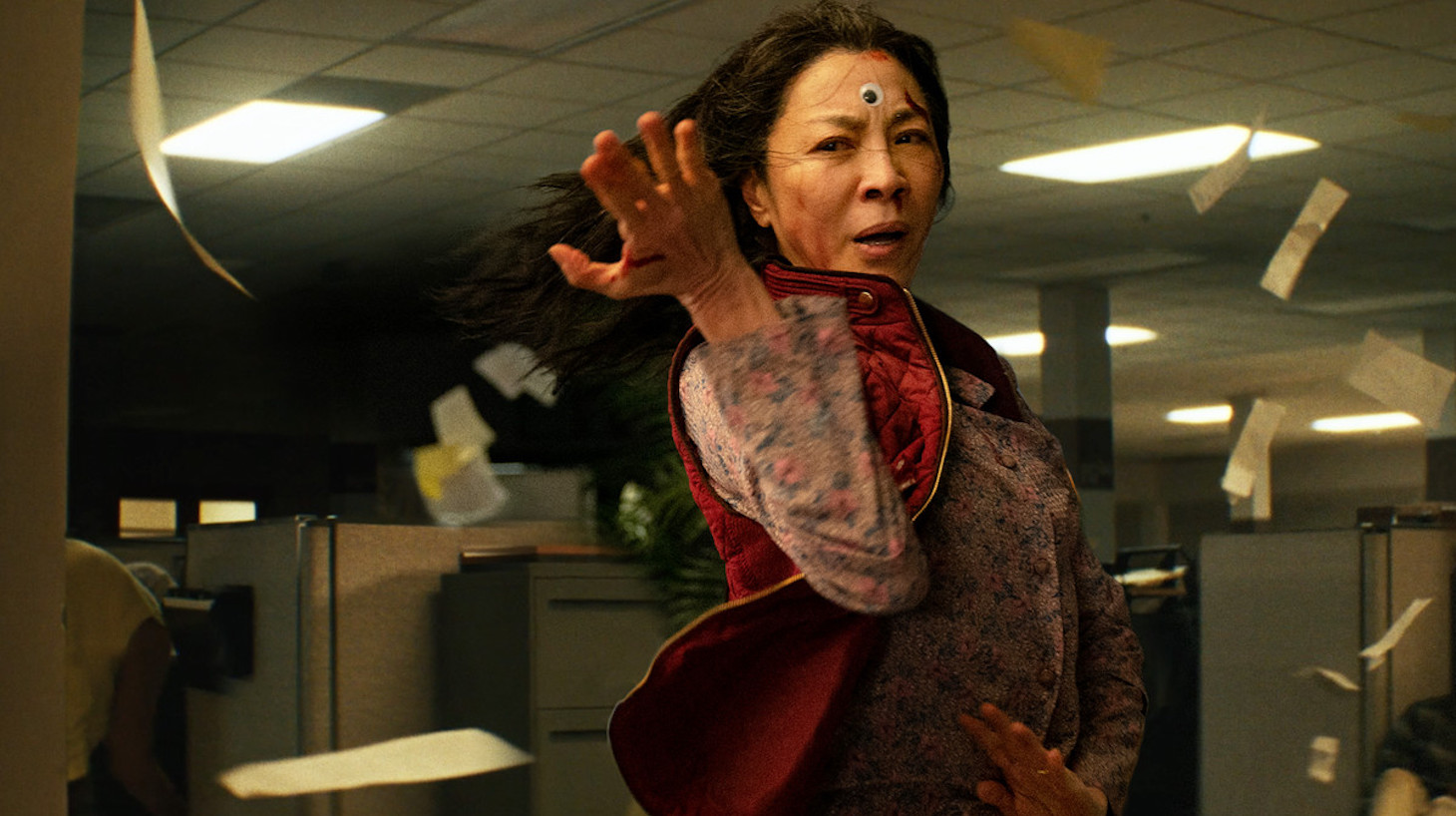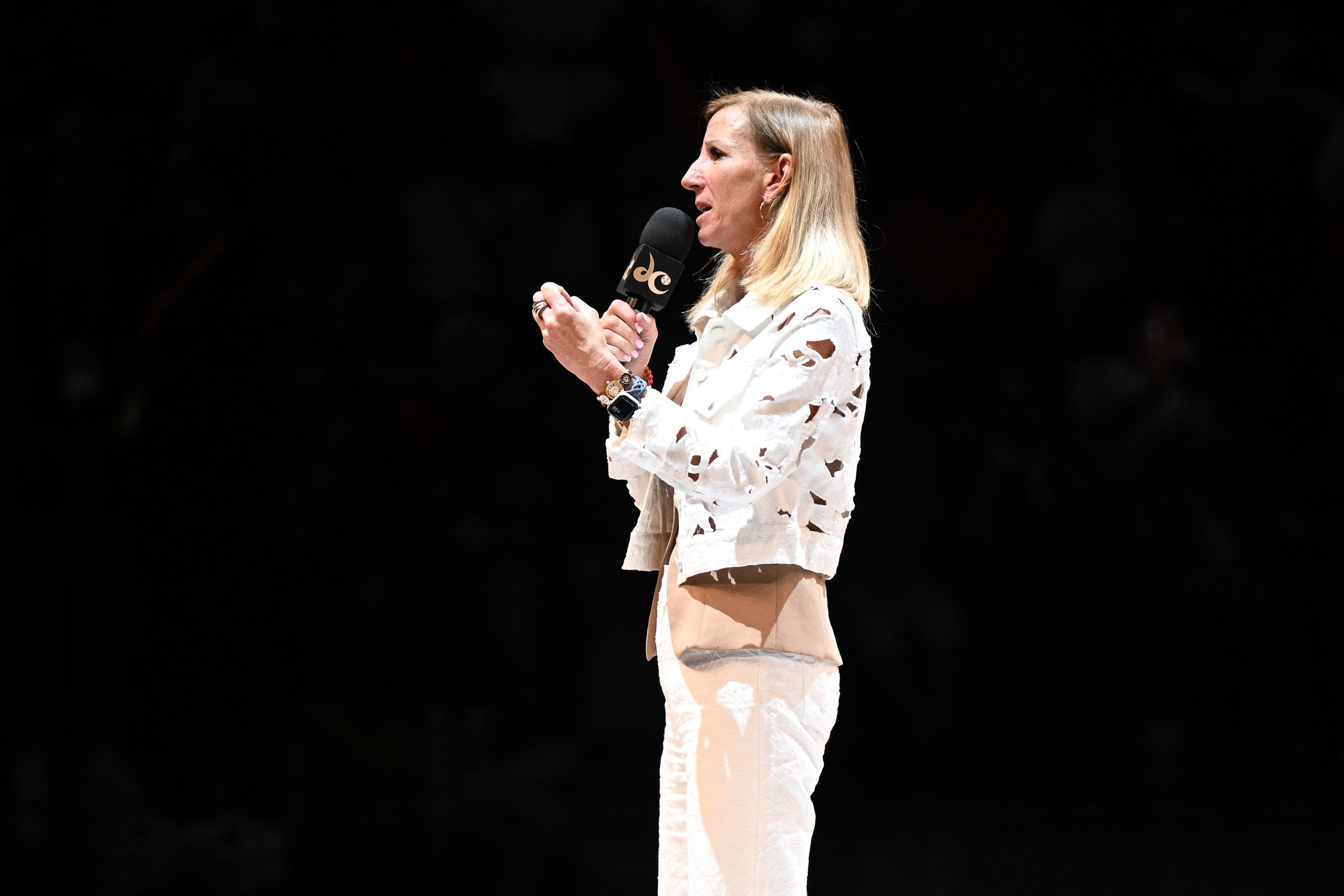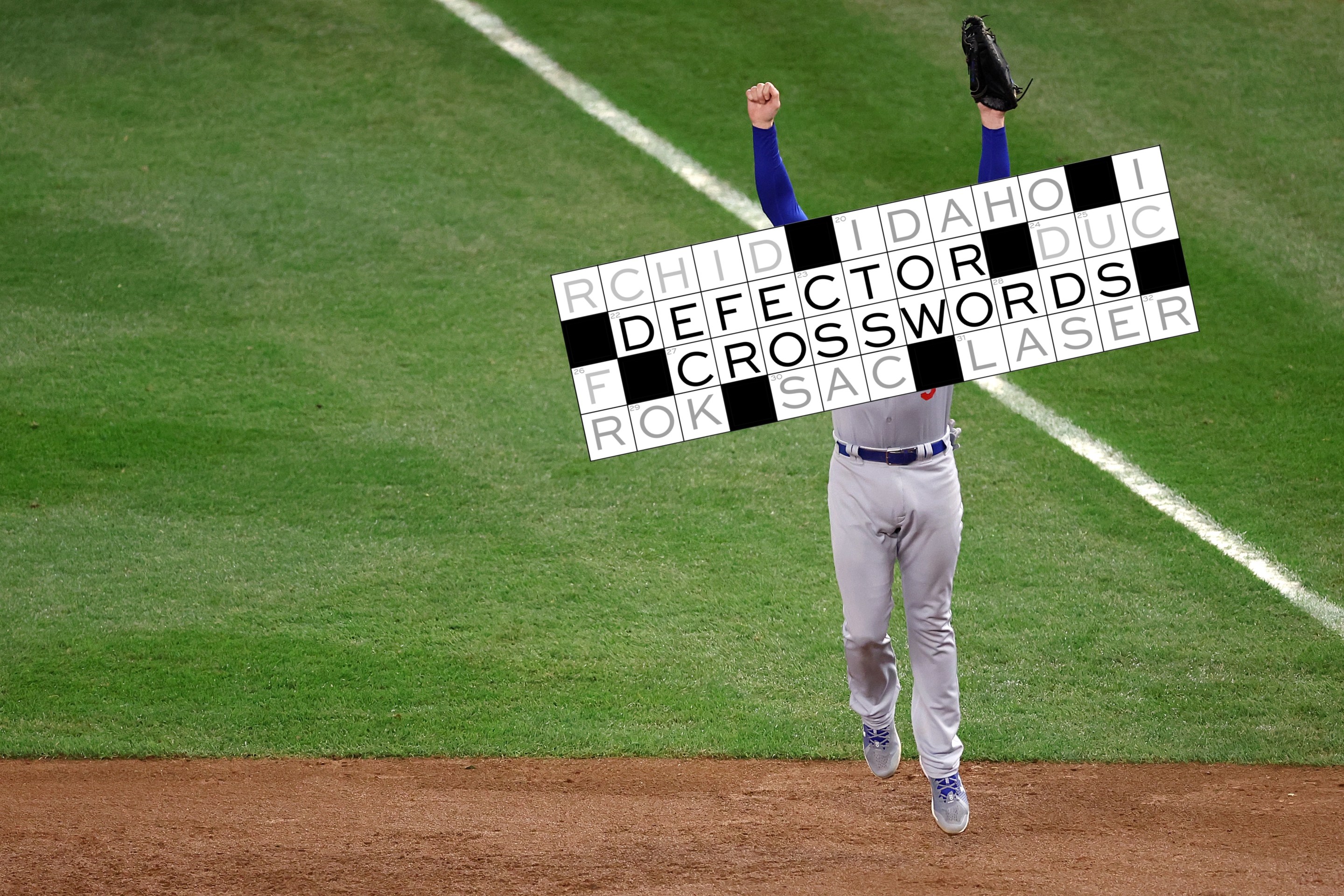This review was originally supposed to be about “Glide.” Maybe. If you’ve seen After Yang, you’ve heard it. It’s the ethereal dream-pop dirge we only see in clip form initially, one moment within a robot’s cascade of memories, his android love swaying to Mitski’s wall of sound: “To be away from all / To be one / Of everything.” I wanted to write about it because I couldn’t find it on Spotify. Its absence was likely just a legal peccadillo, but it seemed poetic—Mitski is known as much for her music as she is for fleeing fame, fearing the creeping corporatization of her art and soul. This song’s absence played like her answer. “Glide” originally appeared in All About Lily Chou-Chou, Shunji Iwai’s 2001 meditation on disaffected Japanese youth. The connection they can’t find in person they find online, in their collective fandom for the (fictional) singer Lily Chou-Chou, whose hazy identity floats across the ether of her song (her version of “Glide,” composed by Takeshi Kobayashi, with vocals by Salyu, funnily enough, is available on Spotify). A kind of ghost issuing her sonic laments through space, disembodied, she is what Mitski seems to want to be.
All those ideas—the fluidity of the real and the imagined, the alienation of youth, the alienation of technology, our increasing distrust in celebrity—swirled around in my head before I wrote this. But they kept banging into intrusive thoughts about various other disconnected things: the Oscars—maybe I should write about that?; the Grammys?; the 900 screeners I have watched between now and last week?; whatever else I have been watching, listening to, reading, doing, thinking?
And then I saw Everything Everywhere All at Once, which was basically asking the same question. “It’s about finding each other in a very noisy world,” co-director Daniel Kwan—he and fellow director Daniel Scheinert collectively go by “Daniels”—told Slash Film. “’Cause I think right now everyone’s struggling to figure out how to do that, and I think our stories are struggling to keep up with it.” That made me think of my constant indecision around what to write, and what I am missing when I am writing, the constant concern that I am choosing the wrong thing in an endless barrage of things. As Kwan put it in that same interview, “It’s like, everyone’s trying to reconcile their own individual mental health and their own individual story with that of the world and the universe, and every universe, you know?”
How to sum up Everything Everywhere All at Once? Let’s give it a go: it’s got Michelle Yeoh, kung fu choreo, JAMES HONG, shades of Scott Pilgrim, shades of Eternal Sunshine, shades of Wong Kar-wai, Short Round as a grown man (Ke Huy Quan), Racacouille (a raccoon this time, not a rat), Jamie Lee Curtis as a dowdy pencil-pusher, Jenny Slate’s nose, hot dog fingers, a magic butt plug, a neon dress made out of teddy bears, paper cuts unlocking powers, a giant bagel god type thing. And two talking rocks. Oh yeah, and googly eyes. Lots of them. It’s got more but I can’t remember it all right now. But that’s the point, per Scheinert: “We wanted the maximalism of the movie to connect with what it’s like to scroll through an infinite amount of stuff, which is something we’re all doing too much.”
At the center of that scroll is Yeoh as run-off-her-feet middle-aged Chinese immigrant Evelyn Wang who owns a struggling laundry business, whose husband (Quan) is at the end of his rope and wants a divorce, whose gay daughter (Stephanie Hsu) seems depressed as fuck. The joke is that Evelyn’s living her worst life as a portal opens into her parallel best lives, various alternative existences in which she: is a world-famous action star, has a lesbian affair with her over-it IRS agent (Curtis, having the time of her life), and becomes one of the aforementioned rocks. This is a martial arts movie, it’s sci-fi, it’s a comedy, it’s a relationship drama—Evelyn’s husband (Quan, embodying so many Quans so seamlessly you retroactively lament the roles he has not had over for the past two decades) doesn’t truly want to divorce her but thinks it will wake her up—though ultimately it’s a love story between a mother and daughter (Hsu, again, spectacular flitting between various iterations from grungy depressive to impish intergalactic space queen). It is also perhaps a love letter to every movie Daniels have ever seen.
The only reason I am not saying Everything Everywhere All at Once is irresistibly fun as fuck is because I know for a fact one person hated it, but even that fits because a movie about everything is nothing without every response. Daniels wanted that experience of a million different narratives pummeling you at the same time, of that very particular technology-induced FOMO on the things you haven’t done, the places you haven’t been, the people you haven’t met. “One of the only ways you can react to that is to go numb, and I think a lot of people have gone numb,” Kwan told The Verge. “This film is almost a way for us to say, ‘We see you in this chaos. Maybe there’s a better way. Maybe we can find a way to exist in all this noise.’”
Somehow, they are able to find harmony in the chaos. Daniels are not just throwing everything at the wall, there is an organizing principle here. Even their methodology spoke to the substance of the film, seeing the value in the small-scale amid so much excess. Because of the limited budget—$25 million and, for context, Everything Everywhere is a response to The Matrix, the most recent entry of which had a budget of $190 million—and only three months to shoot (the last Matrix had nine), they enlisted the help of Martial Club, a collective that posts homemade kung fu movies on Youtube. And in order to show what it feels like to be on social media, rather than just resorting to pastiche, they switched up their tools. “All these different Michelles are the stars of their different stories,” Scheinert explained to Slash. “We wanted to lean heavily into things like aspect ratio, specific lenses, color palettes, music, processes, to help the audience keep track of it all.” This is a movie for the internet mind, always operating at hyper speed, but unlike the internet, it all coheres. Thank God Daniels chose this movie over the Loki TV series—this is the kind of inventiveness you never seem to find in any of those superhero universes (Spider-Man: Into the Spider-Verse being the rare exception). It is a ground-up inventiveness—the production was constrained, but their imagination was not.
The joke pitch for Everything Everywhere All at Once was, according to Kwan, “What if my mom got stuck in The Matrix?” As he told Inverse: “The immigrant story is so much about wondering ‘What if?’ Longing to know what would have happened if you stayed, if you’ve gone to some other city, wondering how life would have turned out. It’s all baked into the multiverse.” While everything in the making of this film mattered, a theme throughout the film is that nothing matters, which actually has the unexpected effect of freeing you up to choose what you really want. For Yeoh’s character, it’s being with her daughter. In Daniels’ conception of the world, the multiverse is what it means to be alive right now, but each individual’s story, like a returning chorus, vibrates within it—they just have to listen out for it. This is what Mitski, who fittingly also has a song in Everything Everywhere, is referring to in “Glide,” when she sings, “I wanna be just like a melody / Just like a simple sound / Like in harmony.”







